Sherry Raza: The incredible journey of Pakistan's finest frontman
From Ramazan transmissions to rock music the singer has explored all avenues the local industry offers
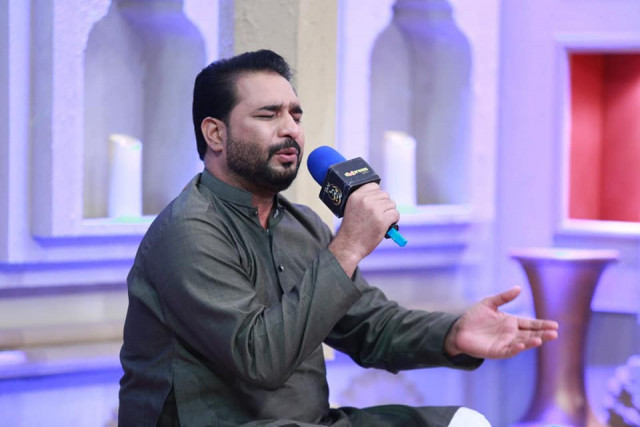
Sherry Raza: The incredible journey of Pakistan's finest frontman
However, for an artist, whose claim to fame is Hamd, Naat and Man Qarab to be acquainted with the other side is scarce. Singer Sherry Raza is one such anomaly. A mainstay on religious transmissions with the majority knowing him as a regular on Amir Liaquat's shows, Raza is also the frontman of the hard-hitting Chand Tara Orchestra. The kind of intersection Sherry manages to cater to just by the virtue of his vocal range and audience awareness makes him if not the finest, but clearly the most successful frontman in Pakistan’s contemporary live performance scene.
According to Raza, even fans have accepted and endorsed his transition without any objections. "I've hardly received any criticism for catering to both sides of the spectrum. My case is very different from that of the late Junaid Jamshed who used to receive severe backlash whenever he made sporadic returns to popular music after he had turned to religion," Raza told the Express Tribune.
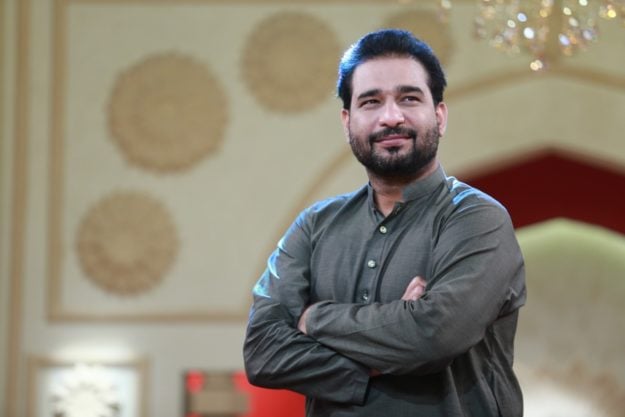
Raza attributes his mass acceptance to not embodying the identity of a Naat Khawan. He always presented himself as a singer first, a Sufi one to be specific. "I've never given the impression that I am a Naat Khawan. I have identified as a Sufi singer. It is quite common for a Sufi singer to recite Naat and Hamds. Hence there are only a handful of people that are opposed to me singing at other avenues," he said.
Humble beginning
As cliché as it sounds, Raza's journey in music is one that is of hustle and perseverance. "I ventured into professional music in 1992 when I was in the second year of college. Around this time I was mainly performing in small clubs, weddings, and family gatherings," he reminisced.
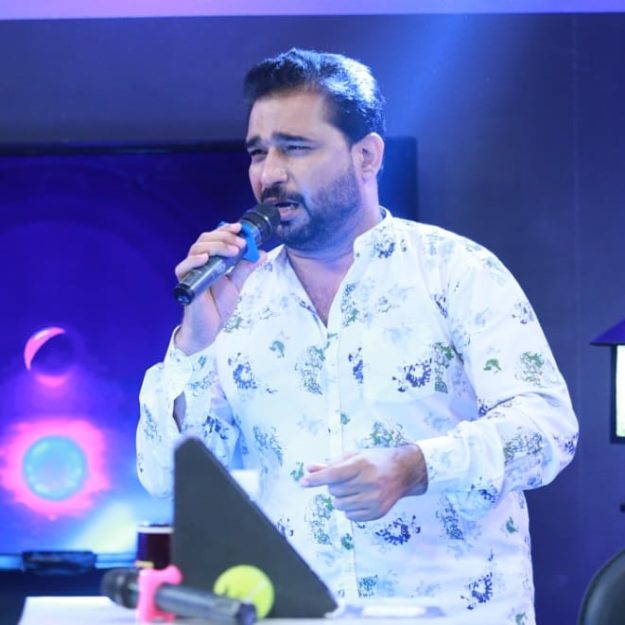
It was in the year 2000 when Raza decided to take formal training in music. "I studied under the tutelage of Ustad Naem Salam Khan. Simultaneously I always tried to learn through observing my idols including Ustad Nusrat Fateh Ali Khan Sahab, Abida Parveen, and Mohammad Rafi."
However, things really picked up for Raza when he shifted his focus from solely live music towards recording. Herein the singer contributed to a variety of jingles, drama OSTs etc, as composer, lyricist, and singer.
In 2002, Sherry met Immu of Fuzon and that’s where his studio learning begun. “I sang dummy vocals on songs intended for the likes of Shafqat Amanat Ali and Rahat Fateh Ali Khan. The OST of popular Turkish dubbed drama Ishq e Mamnu sung by Rahat Sahab. I laid the dummy vocals for it," he said.
Dr Aamir Liaqauat’s Robin
Sherry’s dummy vocals and in some cases, small-time jingles recorded in his voice started doing rounds in studios and TV channel offices. The sheer throw and power of his voice had the potential to silence even the most cynical of listeners. Some thought he was better-suited for shrine music, the others thought his voice was too big for the telly but no one thought he was not good enough. Soon enough the then Pakistan’s most famous televangelist, Dr Aamir Liaquat Hussain discovered Sherry and made him the voice of Pakistan’s devotional programming.

“I had recited and recorded Naats before but I had never been in front of the camera, so I was naturally quite nervous,” Raza recalled. But slowly and gradually he realised how the camera works and what people want to hear on TV and in what fashion and the rest, as they say, is history.
Raza has become a mainstay with Amir Liaquat's show since 2013 which has turned devotional singing into his main source of bread and butter. "But I must reiterate that I am not in this just for the money,” Raza asserted. “I believe every singer finds solace in reciting Hamd, Naat, and Manqabat. It feels as though I am able to use the talent God has endowed me with for His service and that helps me go to sleep.”
On aborad the space train
Later on roughly around 2012, Raza joined one of Pakistan’s most innovative Sufi space rock acts Chand Tara Orchestra. The band along with Sherry has released a full-length album, performed in Coke Studio and featured in a compilation album called Panch alongside Natasha Baig and Sounds of Kolachi. With the likes of Western music inspired Baber Sheikh and Omran Shafique at the helm of affairs, Sherry as the frontman was a crossover no one expected but everyone loved.
"The best thing about the band is that it hasn't put any restriction on me,” said Raza. “I get to explore a different dimension of music that doesn’t come through in my more ‘commercial’ work. At CTO we mainly delve into abstract concepts and ideas so I naturally have to follow that approach and I really like it.”
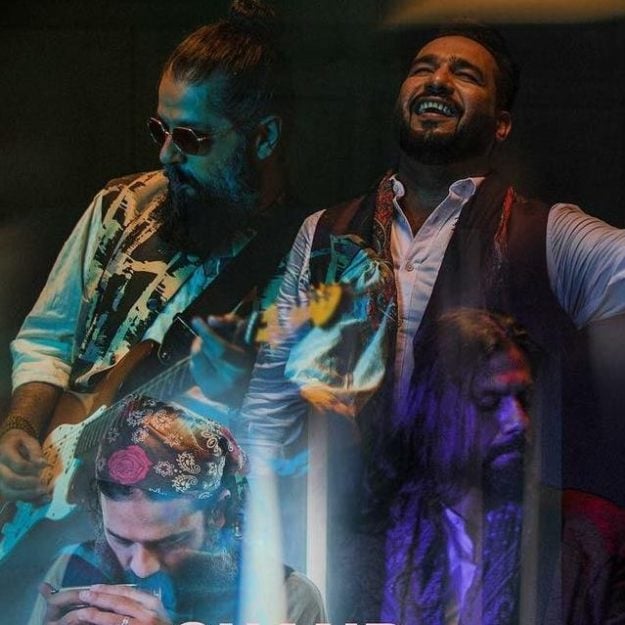
Raza or Sherry as he is popularly known as has had a journey that many can learn from. While we look for Pakistan’s finest frontman since Ali Azmat we will not find many performers who can make a shrine audience reach haal as smoothly as they can make rock music fans bang their heads. Sherry has officially arrived.
Have something to add to the story? Share in the comments below.



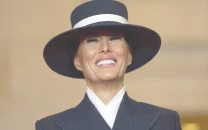
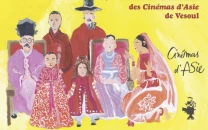
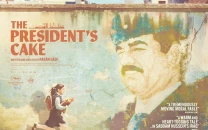
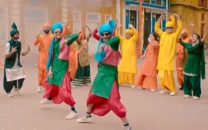












COMMENTS
Comments are moderated and generally will be posted if they are on-topic and not abusive.
For more information, please see our Comments FAQ